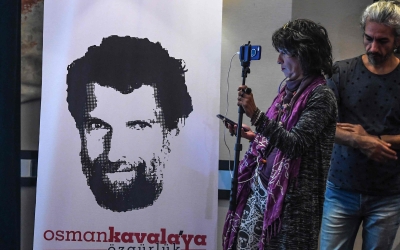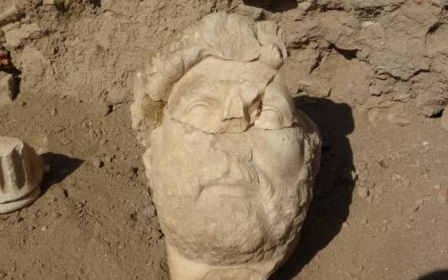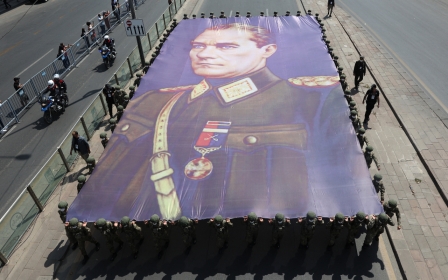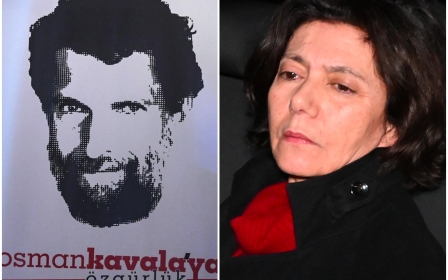Turkey warned by Council of Europe to release Osman Kavala or face action
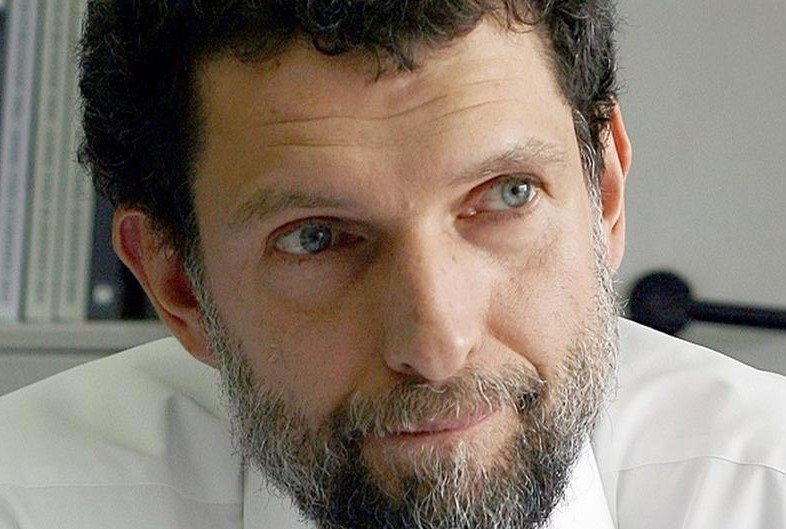
The Council of Europe will start infringement proceedings against member Turkey if philanthropist Osman Kavala is not released from prison, the body said on Friday.
The council's Committee of Ministers said it would notify Turkey ahead of a meeting at the end of November that it would begin penalising the country if it continued to ignore rulings from the European Court of Human Rights (ECHR) that Kavala should be freed.
Kavala, a businessman who founded a number of organisations advocating inter-communal dialogue and democratic reform in Turkey, has been in detention for nearly four years without trial over allegations of involvement in mass anti-government protests in 2013 and a 2016 coup attempt.
In 2019 the EHRC ruled that Kavala's detention was political and called for his immediate release, a request which has been repeated numerous times but so far has been ignored by Turkey.
If Kavala is not released, the first step in the infringement process would involve referring the question of whether Turkey had abided by the court's judgment to the EHRC and, if the court finds a violation, the Committee of Ministers can consider a number of penalising measures including suspending Turkey's membership or voting rights at the Council of Europe.
Kavala was initially prosecuted for supporting the 2013 Gezi Park anti-government protests, which saw millions taking to the streets of Turkey in opposition to then Prime Minister Recep Tayyip Erdogan.
He was later acquitted of these charges in February 2020, but was immediately taken into police custody again as part of another investigation linked to the July 2016 coup attempt.
More than 1,400 days in jail
Kavala's imprisonment, which has been ongoing for 1,417 days, has provoked harsh condemnations both domestically and internationally.
Then opposition leader Kemal Kilicdaroglu in September 2020 accused Erdogan of pursuing a personal vendetta against Kavala by ignoring the ECHR rulings.
"According to the [Turkish] constitution, the decisions of the ECHR have superiority over domestic law. Erdogan says they do not apply. Why?" he said during a meeting of his Republican People's Party (CHP).
Erdogan has branded Kavala the "red Soros of Turkey" in reference to his links to Hungarian-American philanthropist George Soros, who is accused in a number of countries of attempting to foment unrest.
Kavala's wife Ayse Bugra has described his imprisonment as "torture" and has cited concerns about the spread of the coronavirus pandemic in a number of Turkey's prisons.
"To have an idea about what my husband has been subjected to during more than 1,000 days of imprisonment, it is important to know the strange judiciary process through which he was arrested three times, released twice and acquitted once from different charges all based on the same investigation file," she told Middle East Eye in August 2020.
"He stays alone in a cell with a toilet and shower. He shares a small courtyard with another prisoner. He does not complain about the physical conditions and food - but then, he never complains anyway."
Demirtas case
The Committee of Ministers also said on Thursday that it had reviewed the case of Selahattin Demirtas, the former co-leader of the pro-Kurdish Peoples' Democracy Party (HDP) who has also been imprisoned for five years in Turkey.
Demirtas' release was also ordered by the ECHR earlier this year, arguing that his detention on charges of alleged support for terrorism was a political move without evidence to support reasonable suspicion.
On Thursday, the committee said that he should be released and a previous ruling against release should be quashed, while an ongoing case against him should be dropped.
Middle East Eye delivers independent and unrivalled coverage and analysis of the Middle East, North Africa and beyond. To learn more about republishing this content and the associated fees, please fill out this form. More about MEE can be found here.


